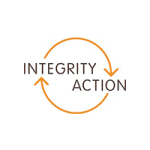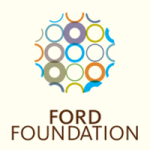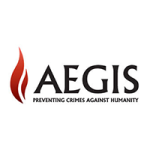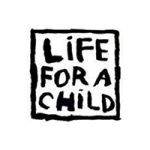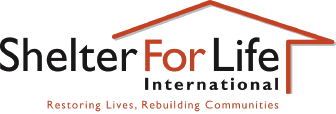We are about Evaluative Learning. Let’s collaborate to build innovative knowledge solutions for your social change work.
Our multi-disciplinary group draws on our collective experience in strategic planning, monitoring and evaluation, international development, human rights, public opinion polling and research methods to provide tailor-made knowledge solutions for social change organizations. At Lucid Collaborative, we know that change happens, but not always in ways that we expect, and rarely on pre-determined timelines.
Lucid Collaborative members are committed to helping those tackling complex problems and making a positive difference. We know the challenges faced by social change organizations — each of us has extensive experience in social change projects and the theories of change that inform them. We have worked with grassroots organizations, NGOs, international organizations, government departments, donors and research institutions worldwide.
Our experience tells us that people are central to social change; when people change, outcomes happen. Experience also tells us that when organizations engage in continuous learning and evaluative thinking, they are more likely to achieve their desired outcomes. They become stronger, more focused and more sustainable, and learning is central to this process.
We work with you to build learning and innovation into your organization, and help you find ways to include the communities you work with in this process. We listen to you to meet your needs, and those of your partners, in designing, building and implementing strategic frameworks and monitoring, evaluation and learning (MEL) processes that are flexible, complementary, participatory and responsive to your world.
Lucid Collaborative can help you achieve your social change goals.
OUR APPROACH
Lucid Collaborative uses adaptive management strategies, including Outcome Mapping. We believe that social change happens when people change their practices, actions and relationships. Through adaptive learning, we work with our clients to assess who they can realistically influence. Then, we help out clients tailor their activities and strategies to achieve the desired behavior change by community members and leaders, government officials, corporations, and policy-makers.
We believe that organizations, project staff and the communities they work with are the individuals best able to recognize significant social change when it happens, and when it doesn’t. We help our clients increase their ability to plan for, monitor, document and analyze their outcomes. Not only does this provide rich data to strengthen their work with partners; it also helps clients gather the information they need to report to donors and share with others.
The adaptive learning and management approach focuses on three areas:
Mapping
Adaptive learning and management provides organizations with tools to map their ‘theories of change’ with increased clarity.
Monitoring
Adaptive learning management provides monitoring processes that make it easy to collect, document, analyze and integrate information into daily operations, so that an organization can know that it is on track to achieve its intended outcomes.
Management
Adaptive learning management provides project staff with methods and tools to facilitate learning, risk assessment, analysis, and reporting.
SERVICES
We collaborate with clients to find the right knowledge solutions for their organizations and activities in practical, feasible and resource-effective ways.
We provide expertise in:
Strategic Mapping Processes:
- Strategic planning services that clarify an intervention’s ‘theory of change’ and identify the priorities and actors critical to the change process
- Innovative design of results frameworks that clarify ‘pathways of change’ and the identification, planning and implementation of intervention strategies
Monitoring, Evaluation and Learning Systems:
- Integration of adaptive learning and management approaches that identify and track desired outcomes, and assess the effectiveness of interventions
- Utilization-focused data collection tools that encourage evaluative thinking, manage risk and simplify reporting, keeping organizations on track to achieving desired social change outcomes
Project and Program Evaluation:
- Evaluations of complex, multi-stakeholder initiatives in dynamic contexts with utilization focused methodologies
- Innovative developmental evaluation methods that ensure the creation of evaluative space for the meaningful participation and ‘voices’ of individuals and communities affected by an intervention’s activities
Tailored Training and Facilitation:
- Outcome Mapping: Introduction to the fundamental concepts, processes and tools of the Outcome Mapping methodology
- Monitoring, Evaluation and Learning Framework Design for Human Rights and Humanitarian Interventions
TOOLS
Success depends on building a light, user-friendly system that facilitates planning, flexibility, monitoring, documentation and analysis. This helps project staff quickly determine what works, what doesn’t, and why.
To efficiently collect meaningful, timely, mixed-method data, we have designed a customizable, cloud-based application: Horizon. This new system differs from other monitoring and evaluation programs by allowing users to gather, store, and analyze both qualitative and quantitative data. Horizon enables the timely analysis and reporting of outcomes, going beyond the typical qualitative “success story”-style accounts.
Contact us at [email protected] for more information and to arrange a one-on-one demonstration. We would love to hear from you and learn about your data management needs.
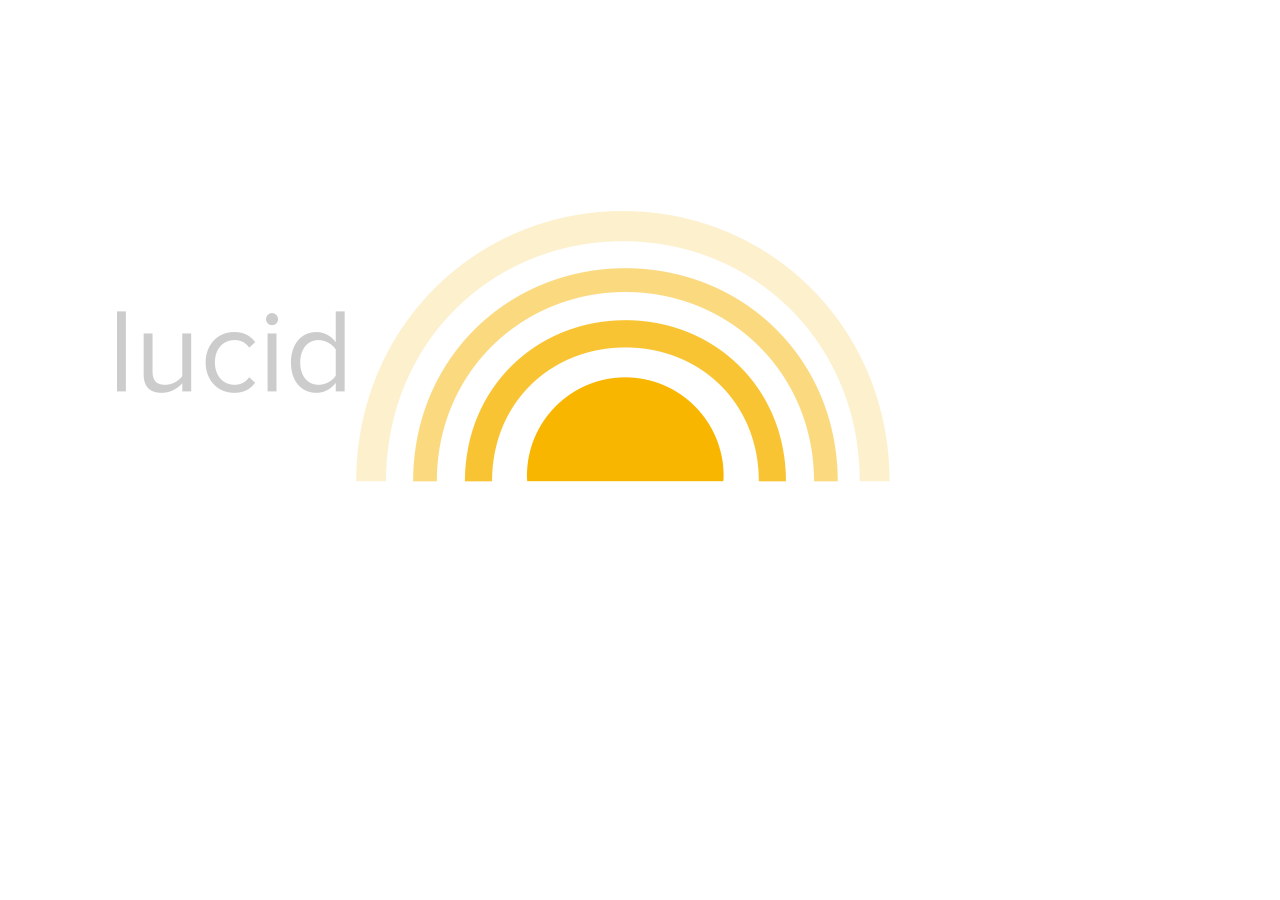
OUR TEAM
WHO WE WORK WITH
LATEST PROJECTS
USC Shoah Foundation (Global):
Design and implementation of a comprehensive baseline assessment of the Foundation’s Visual History Archives Program (VHAP). Includes the design of a learning agenda and developmental evaluation approach for the program prior to a summative evaluation in 2020. VHAP is dedicated to genocide education and prevention efforts on a global scale. (Ongoing)
Environmental Incentives (US):
Facilitation of an Outcome Mapping workshop with Environmental Incentives and USAID staff to integrate collaborative, learning, and adaptation approach to existing programming. (2018).
International Center for Transitional Justice (Global):
Emma Naughton was team leader for an evaluation of ICTJ’s capacity development programming in Uganda, Tunisia, and Cote d’Ivoire, including recommendations for future capacity development strategies and activities. (2017).
Complexity-Aware Monitoring and Evaluation (Colombia):
Provision of technical support to Democracy International’s Colombia country office in Outcome Mapping as part of their complexity-aware M&E activities related to reconciliation programming in Colombia. (2017)
Oversight Commission on Access to Information (Afghanistan):
OCAI is a national multi-stakeholder body formed to oversee the implementation of Afghanistan’s new access to information legislation. Emma Naughton facilitated the development of a 4-year national strategic and M & E framework for the Commission, based on Outcome Mapping. (2017)
Integrity Watch Afghanistan:
Emma Naughton facilitated the development of a new 3-year Strategic Framework to guide IWA’s anti-corruption programming and advocacy initiatives. (2017)
Mennonite Economic Development Associates:
Emma Naughton conducted an Outcome Mapping training for project staff and civil society partners on the Improving Market Opportunities for Women in Myanmar project. The IMOW project seeks to strengthen participation of female farmers in key agricultural value chains in two states in Myanmar. (June 2016)
NEWS & PUBLICATIONS
Recent Media Articles:
Naughton, E. & K. Kelpin. (2015, June 3). When evaluating human rights progress, focus also on the journey. openGlobalRights/openDemocracy. Available also in Français, Español, العربية
CONTACT
We take collaboration seriously. Contact us so that we can take this journey together.






